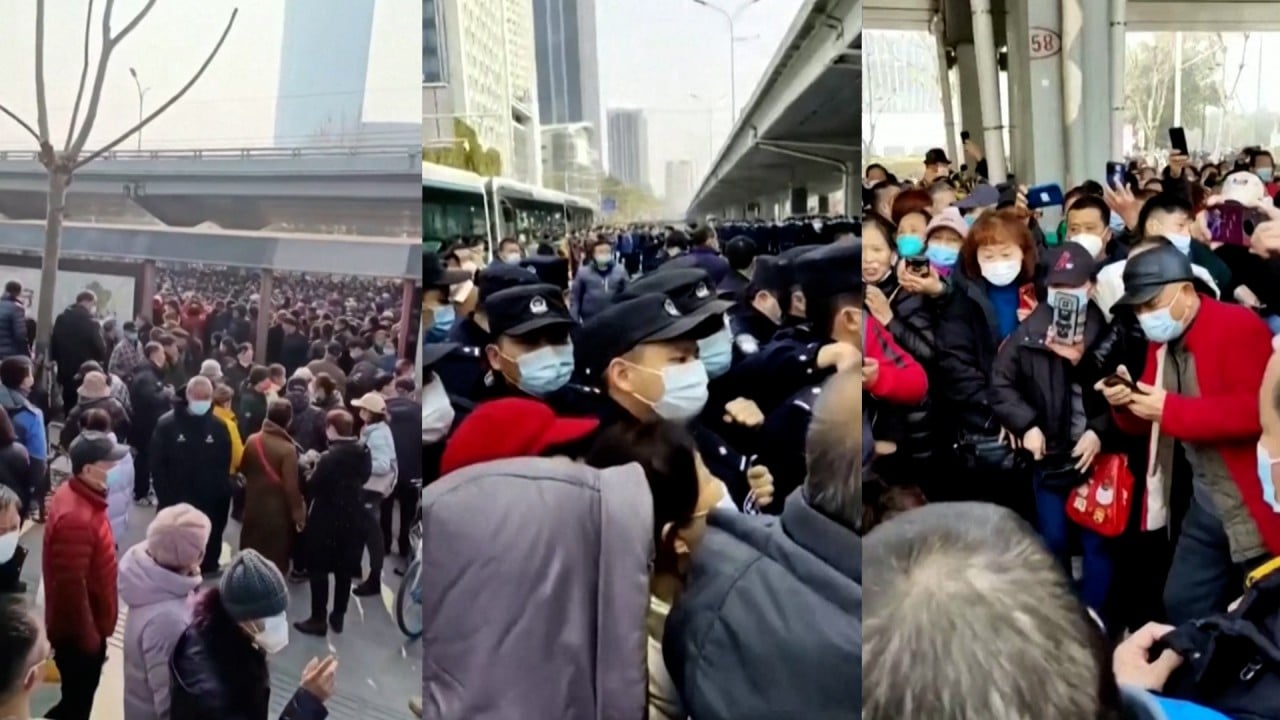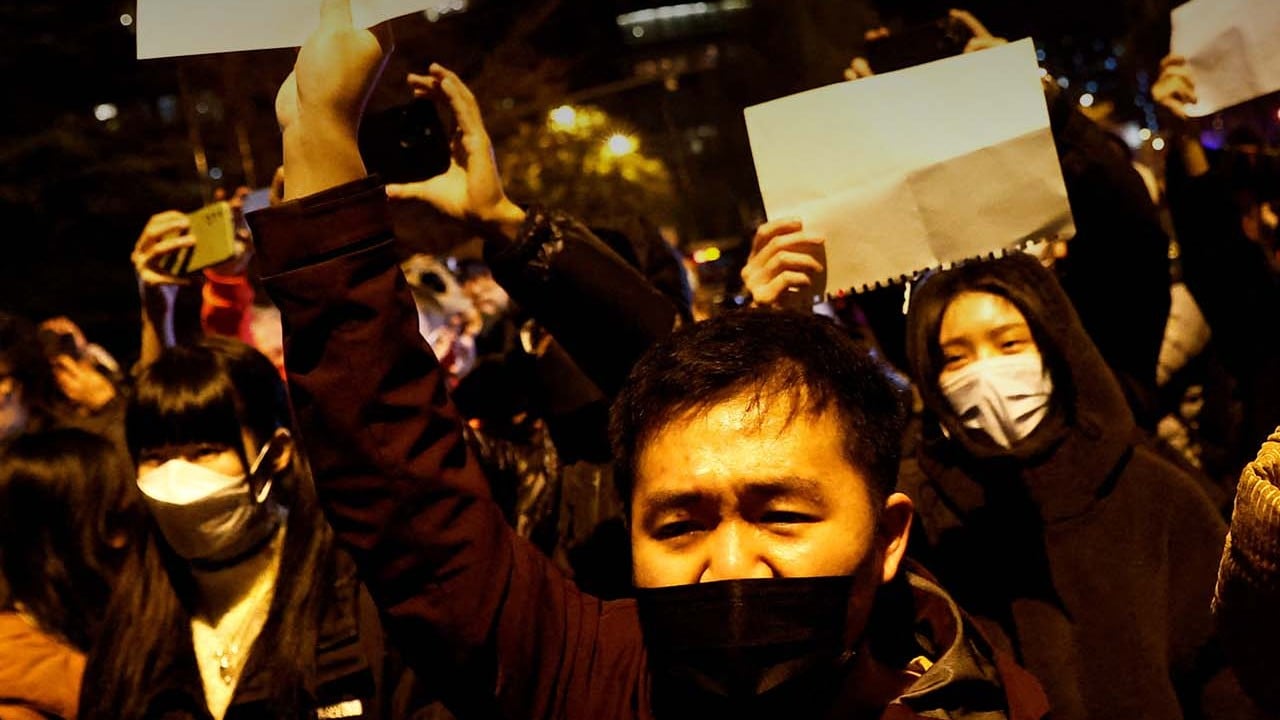
China is deploying more officers for grass-roots policing across the country
- Public security ministry says plan aims to strengthen foundation of national security and social stability
- Move to tighten surveillance and control was prompted by recent protests, according to observers
The Ministry of Public Security will send out more officers to do grass-roots policing across China, as it tries to nip any social instability in the bud.
It aims to “make every effort to strengthen the grass-roots foundation of national security and social stability”, according to a document outlining the three-year plan posted to the ministry’s website on March 28.
Under the plan, more officers will be deployed to police stations, residential communities in cities, and villages in rural areas.
Observers say the move to strengthen surveillance and control was prompted by concern over recent protests at the local level.
According to the document, at least 40 per cent of the police force in all cities and counties will be sent to work at police stations. And at least 40 per cent of those personnel will be deployed to residential communities.
In cities, public security bureaus in municipal districts are “encouraged” to send more officers – at least 50 per cent of the force – to do grass-roots policing.
The ministry meanwhile aims to have at least one police officer for every village in China’s rural areas by the end of 2025.
It is the first time these requirements have been made at the national level, but they have already been introduced by some cities in Shandong, Sichuan and Henan provinces in recent years.
China seeks to tighten grip with new social work department
A politics academic who is based in mainland China and spoke on condition of anonymity said the authorities saw boosting security as a top priority and aimed to suppress discontent on issues ranging from unemployment to pensions.
But he added that sending more police out across the country would be a strain on government budgets.
“At the grass-roots level, there have been some loud voices of opposition heard, so [the authorities want to] strengthen control by deploying more police,” he said.
They would have to cover every village rather than just the township level, he said, noting that a grid management system would be used to strengthen surveillance amid instability over the economic downturn.
Alfred Wu, an associate professor at the National University of Singapore’s Lee Kuan Yew School of Public Policy, said the plan signalled a focus on maintaining regime stability, especially after the recent protests.
“I think it’s very clear that Xi [Jinping] is quite concerned about his own power and stability,” he said.
Wu said the public security ministry’s plan indicated it wants officers doing more policing rather than taking on administrative roles.
“In general it’s about trying to reduce the possibility of disputes spreading at the grass-roots level – trying to create a stable society by having more police [on the ground],” he said.
“Theoretically speaking this may not be a good policy, because after all society can’t just rely on police,” he added. “Yet China’s approach is more about using the police.”

.JPG?itok=zUDwoZRB&v=1701240446)

